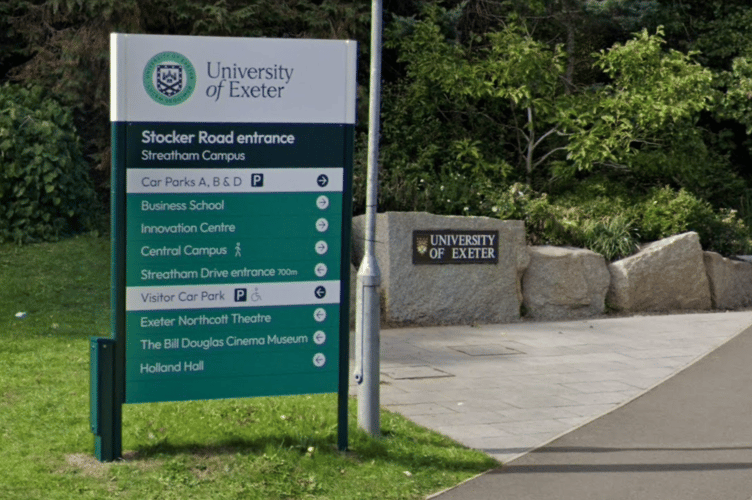THE increasing pressure for teachers to obey school curriculum policies is ‘profoundly demotivating’ and is leading directly to people leaving the profession, a new study warns.
Teachers value being able to be creative and collaborate with each other to design lessons but are increasingly subject to school policies requiring their conformity.
The research shows this is also reducing their curriculum-making skills and reducing teacher autonomy and motivation, as well as relationships between colleagues and with pupils.
There is a teacher recruitment and retention crisis in England.
There is a particular challenge in recruiting physical science teachers, with government targets for recruitment being missed for the last ten years and a high proportion of physical science teachers leaving early in their careers.
The study says in an era where teacher retention is concerningly low, policies which reduce teacher motivation should be of ‘profound concern’.
Dr Victoria Wong, from the University of Exeter, who led the study, said: ‘We have found evidence school and academy trust policies which require conformity are potentially very demotivating for teachers and can deprive them of the opportunity to learn curriculum-making for themselves.
‘This might save time in the short term but leads to loss of skills and experience from the profession, both by the direct loss of good teachers from the classroom and by the reduction in opportunities to learn from more experienced colleagues.
‘Neither the loss of experienced teachers nor the loss of skills from the profession will lead to higher quality teaching’.
Dr Wong interviewed 15 very experienced teachers about curriculum-making at academy trust, school or classroom level.
The teachers involved had served either 25+ years as a classroom teacher or 20+ years along with having worked with a Learned Society, the Association for Science Education, a relevant educational charity, a government agency or an awarding organisation.
Two had spent the majority of their career in grammar (selective) schools, the rest taught mainly in non-selective state schools, several in areas of high socioeconomic deprivation.
There were two biology, seven chemistry and six physics teachers.
The interviews showed teachers, especially experienced teachers, are flexible and can and do change their practice.
This flexibility is especially apparent when they respond to changes in assessment strategy.
Teachers described a variety of creative ways that they had worked to engage and motivate students.
Participants expressed concerns about the lack of confidence of many new teachers to be creative in the classroom and argued that if incoming teachers were unable to become creative, they would be more likely to leave the profession.
Alongside wanting the freedom to teach as they wished, teachers also valued working collaboratively with subject colleagues to improve aspects of their school curriculum and associated resources.
Many teachers reported a reduction in their freedom as individuals and departments to design curricula and teach due to school policies requiring uniformity and conformity in classroom practice.
Some of the examples of expected conformity significantly limited teachers’ options in their classrooms.
The reasons given for an increase in conformity included: pressure from Ofsted; improving results in external examinations; saving time; improving teaching in the department; wanting to teach in the ‘best’ way and leadership teams not trusting teachers to do a good job if given more independence.
Participants described a variety of impacts from the pressure to conform, including increased monitoring, disciplinary procedures if they did not conform and feeling demotivated.
Dr Wong said: ‘Removing the space for teachers to act as professionals and make their own judgements reduces teachers’ autonomy, does not respect or acknowledge their competence and is likely to lead to poorer relationships with students as material is not adapted for them.
‘Three of the participants attributed leaving either a school or the profession to the lack of opportunities that they had for self-determination in the classroom, with several others discussing highly prescriptive institutions that they knew of and asserting that they would not be willing to teach without having autonomy.
‘Trusting relationships between school leaders and staff can support teachers’ motivation and help with retention’.





Comments
This article has no comments yet. Be the first to leave a comment.